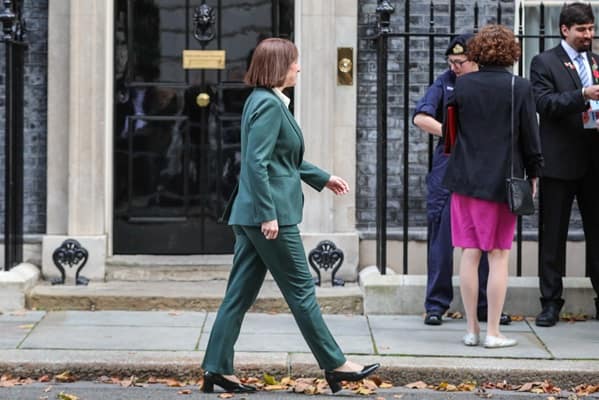
"The UK economy continued to underwhelm in May, shrinking for a second consecutive month, primarily driven by heightened inflation and declining consumer spending power."
"Consumer-facing services output saw a sharp decline as inflation impacted discretionary spending. Businesses also struggled with elevated employment costs due to new policy changes."
"Uncertainty from tariffs has affected output, particularly in the manufacturing sector, contributing to overall economic contraction."
"Cebr's latest data suggests that growth across Q2 will be much slower than the previous quarter, indicating ongoing economic challenges."
The UK economy experienced a contraction for the second consecutive month in May. This decline was attributed to rising inflation, which negatively impacted discretionary spending and led to a significant drop in consumer-facing services output. Additionally, businesses faced increased employment costs due to recent policy changes. The uncertainty surrounding tariffs also contributed to decreased output, especially in the manufacturing sector. Data indicates that growth in the second quarter will be considerably slower compared to the previous quarter, reflecting ongoing economic struggles.
Read at London Business News | Londonlovesbusiness.com
Unable to calculate read time
Collection
[
|
...
]